Coronavirus Australia: Army to check sick stay in self-isolation
Soldiers will be deployed to ensure overseas travellers comply with self-isolation rules as part of strict new COVID-19 rules.
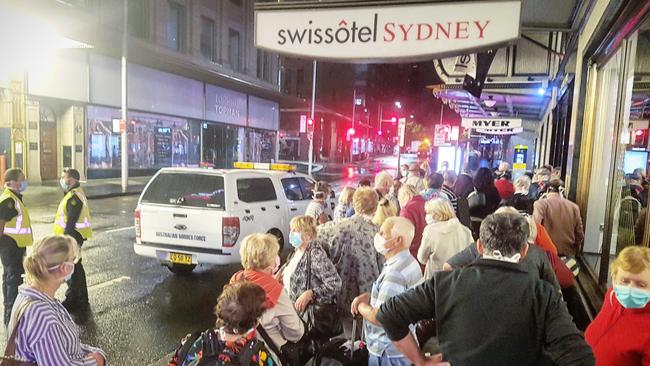
Soldiers will be deployed to ensure overseas travellers comply with mandatory self-isolation rules as strict new COVID-19 quarantine measures come into effect, forcing all returning Australians into hotel rooms for two weeks.
Scott Morrison said Australian Defence Force personnel would support state and territory police crackdowns on returned travellers to halt the spread of coronavirus across the country, as cases surged past 3000 on Friday.
With more than two-thirds of confirmed cases being traced to returned travellers, the national cabinet agreed that all new overseas arrivals would be moved into hotels and other accommodation facilities as part of stronger self-isolation measures.
The Prime Minister said the nation was fighting the coronavirus outbreak “on two fronts” and lauded Australians for responding to the “very significant changes” to their lives and livelihoods.
Mr Morrison, who announced that the enhanced restrictions on returned travellers would begin no later than Sunday, argued the nation was not in lockdown and reiterated the importance of keeping Australians in jobs.
Ahead of announcing a third rescue package next week focused on ensuring businesses can ride out the COVID-19 economic shock, Mr Morrison said no restrictions imposed by the national cabinet were “being taken lightly”.
“I want to assure you that we’re in two fights: we’re battling this virus with all the measures that we’re putting in place and we’re battling the economic crisis that has been caused as a result of the coronavirus,” Mr Morrison said.
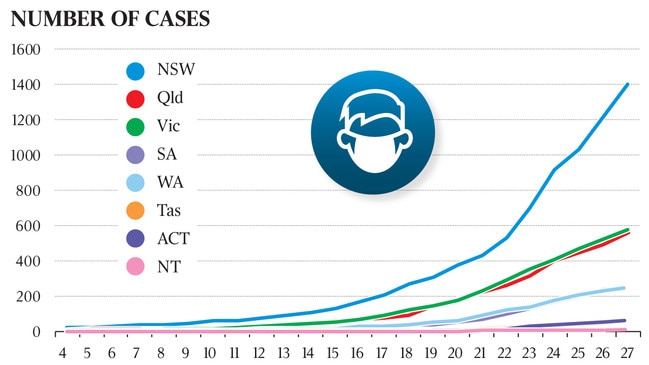
“Both will take lives. Both will take livelihoods. And it’s incredibly important that we continue to focus on battling both of these enemies to Australia’s way of life.
“Every day someone is in a job, for just another day, is worth fighting for. Where the health advice enables that, every day I can keep an Australian in work, every day I can get that little bit more support by keeping those things running.”
Following a briefing to national cabinet by Treasury secretary Steven Kennedy outlining the economic impacts of the COVID-19 restrictions, Mr Morrison declared: “You can’t run a country without an economy.”
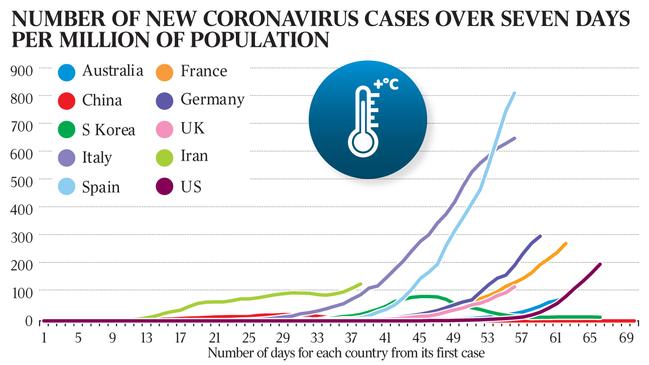
Dr Kennedy told federal, state and territory leaders that even with substantial economic support packages, there would still be “significant impacts on unemployment and economic activity”.
With COVID-19 cases in NSW, Victoria and Queensland sharply increasing this week and the death toll rising to 13, the national cabinet rubber-stamped advice from the Australian Health Protection Principal Committee to urgently increase self-isolation measures. Chief Medical Officer Brendan Murphy said the majority of confirmed coronavirus cases and a “significant proportion of other cases” were linked with people returning from overseas.
Professor Murphy said that, as countries were now reporting “very large outbreaks”, the risk to local communities was getting higher. “We are also worried about community transmission,” he said. “There is small amounts of community transmission in some pockets in Sydney, which is probably the most significant in the country, but tiny pockets in other states.”
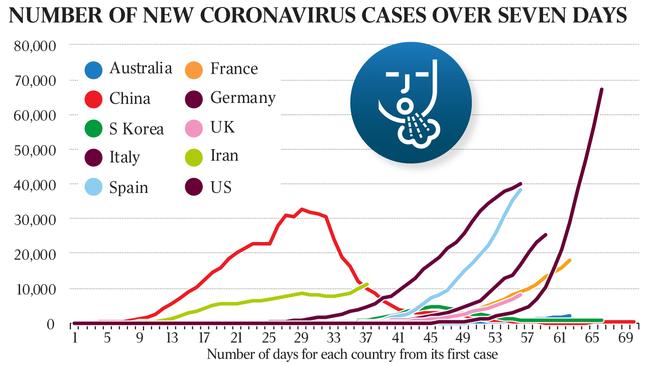
Mr Morrison, who took part in an extraordinary virtual G20 leaders’ meeting on Thursday night, said the national cabinet was trying to balance the need for health restrictions with impacts on the economy. He urged against labelling targeted health and social restrictions as lockdowns, suggesting it was creating unnecessary anxiety. “When we talk about potential (of) other restrictions, there is no need for people to rush out and cram supermarkets and do things like that, because of other restrictions that may become necessary,” he said.
The NSW and Victorian governments are expected to ramp up restrictions in coming days but The Weekend Australian understands some states have been considering targeting “hotspot” areas, rather than statewide measures.
As teachers and parents across Australia began preparing for distance education in term two, Mr Morrison conceded it would no longer be business as usual for schools. He said while they had moved into a “transition phase”, he had been assured that “no child will be turned away”.
“While the medical advice remains that it is safe for children to go to school, to assist with the transition under way in our schools to the new mode of operation, we ask that only children of workers for whom no suitable care arrangements are available at home to support their learning physically attend school,” national cabinet leaders said in a statement.
The new COVID-19 quarantine regime for returned travellers — some of whom will be required to remain behind closed doors for 28 days after completing self-isolation overseas or interstate — will see them ferried to hotels to ensure they are clear of the virus.
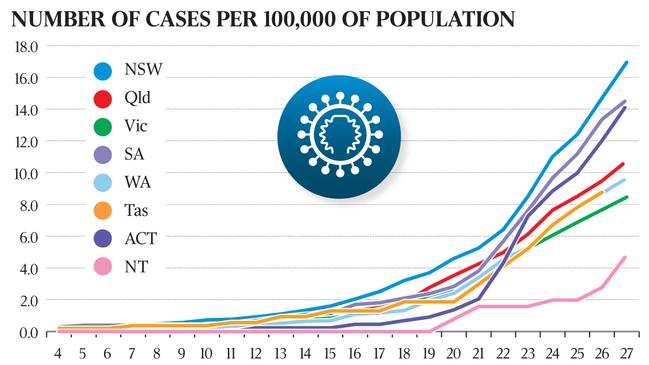
The Weekend Australian understands the measure was identified as a “medical imperative” and would be logistically easier to handle, with the overall number of returned travellers dramatically decreasing in recent days.
Mr Morrison said that on Thursday there were 7120 international arrivals at airports, down from 48,725 travellers the same time last year. “The number of arrivals now are at a level which the states and territories believe means they are able to practically implement these types of arrangements,” the Prime Minister said.
He said the measures would be in place by 11.59pm on Saturday, with airport arrivals quarantined at hotels paid for by the states and territories. Under Defence Assistance to the Civil Communities arrangements, the ADF will work with state and territory police in conducting increased compliance checks on travellers undertaking mandatory self-isolation at home.
The national cabinet, which will meet again on Sunday to consider issues related to commercial and residential tenancies and health supply arrangements, on Friday committed to maintaining a “viable private hospital sector” through the COVID-19 crisis.
Private hospitals, which will be impacted by restrictions on non-elective surgery, are being called on to provide intensive care unit support, and ensure the supply of protective equipment and personnel.


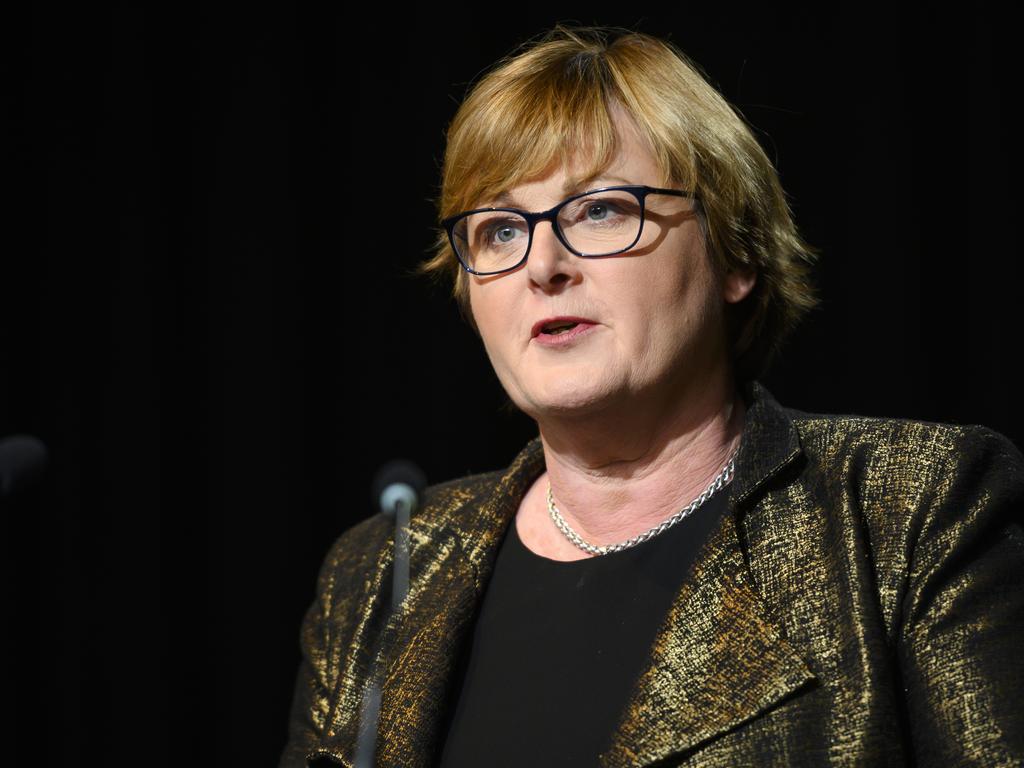


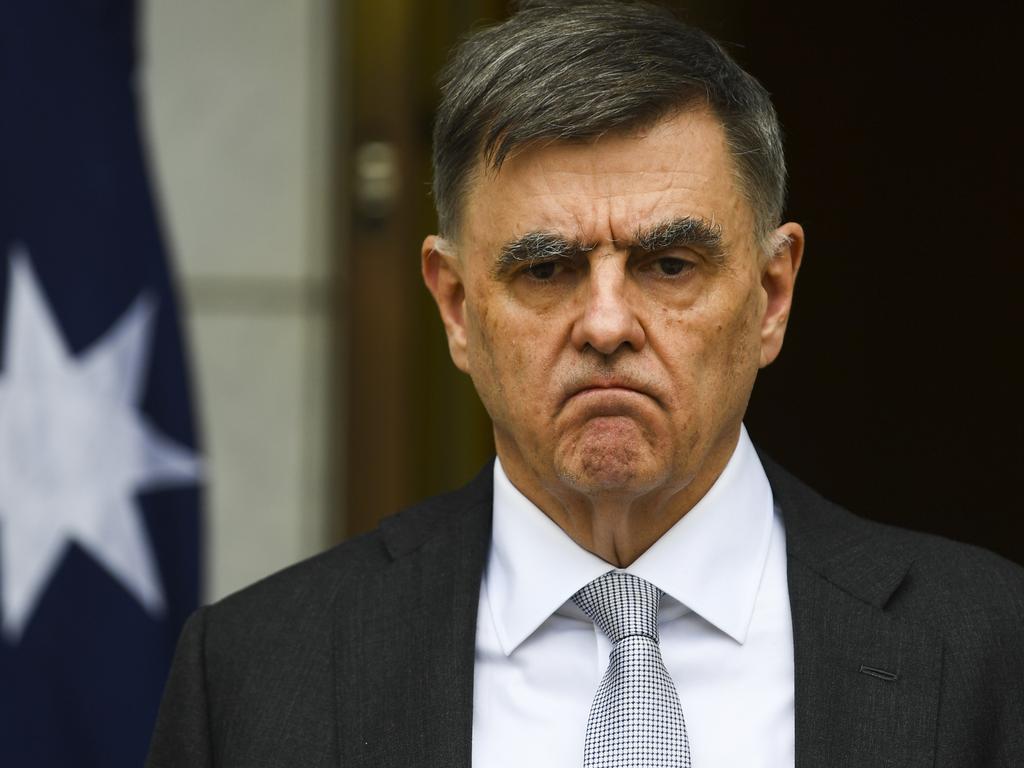
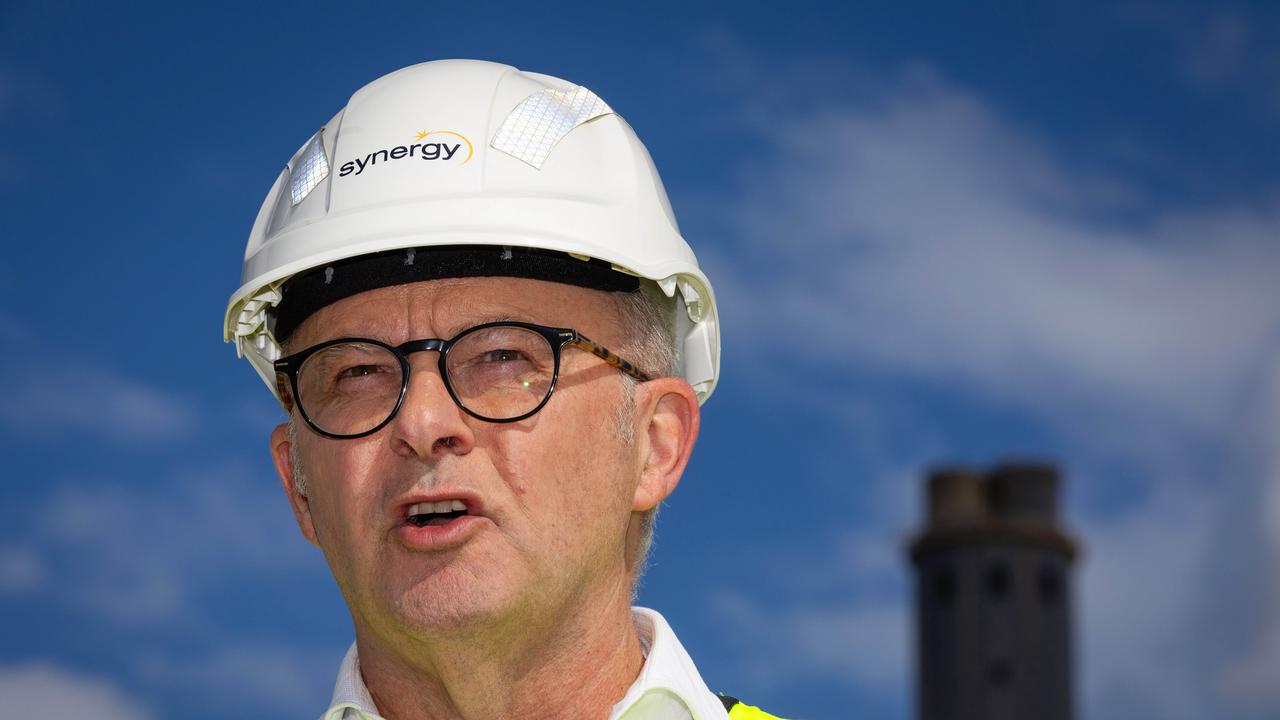
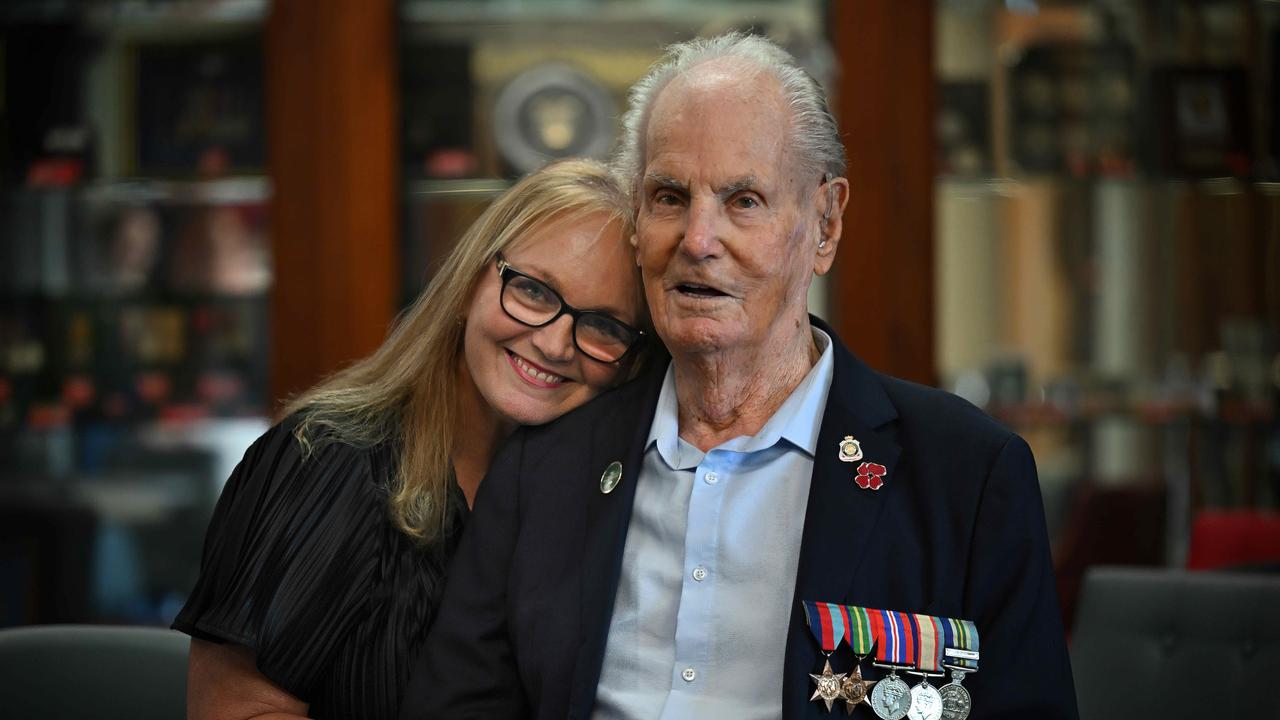
To join the conversation, please log in. Don't have an account? Register
Join the conversation, you are commenting as Logout